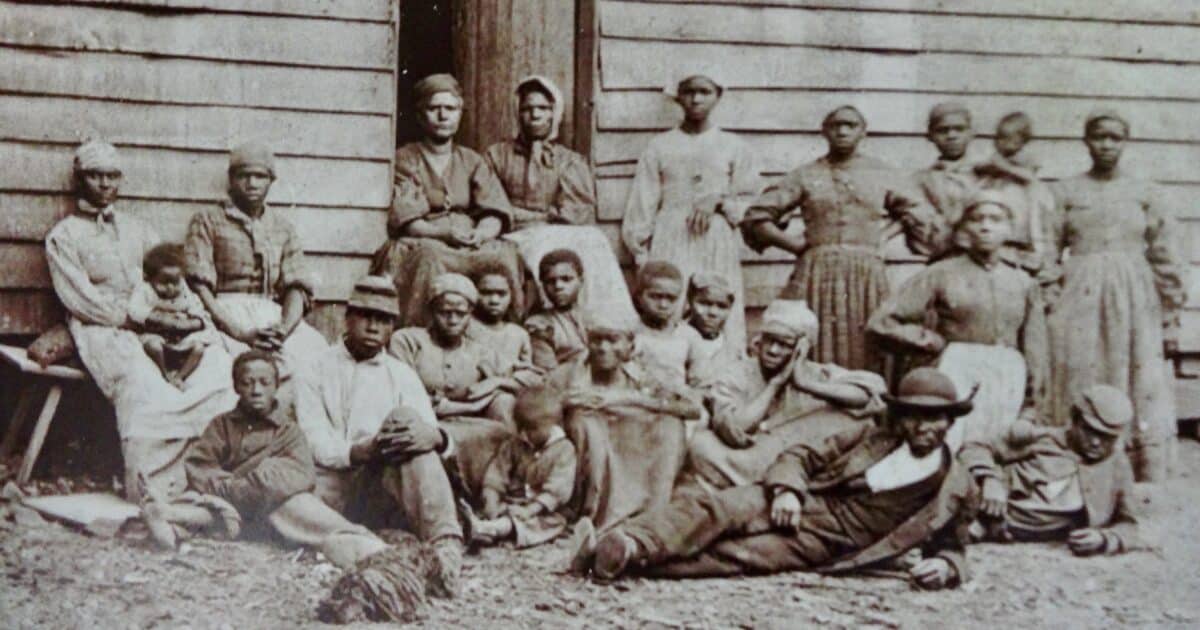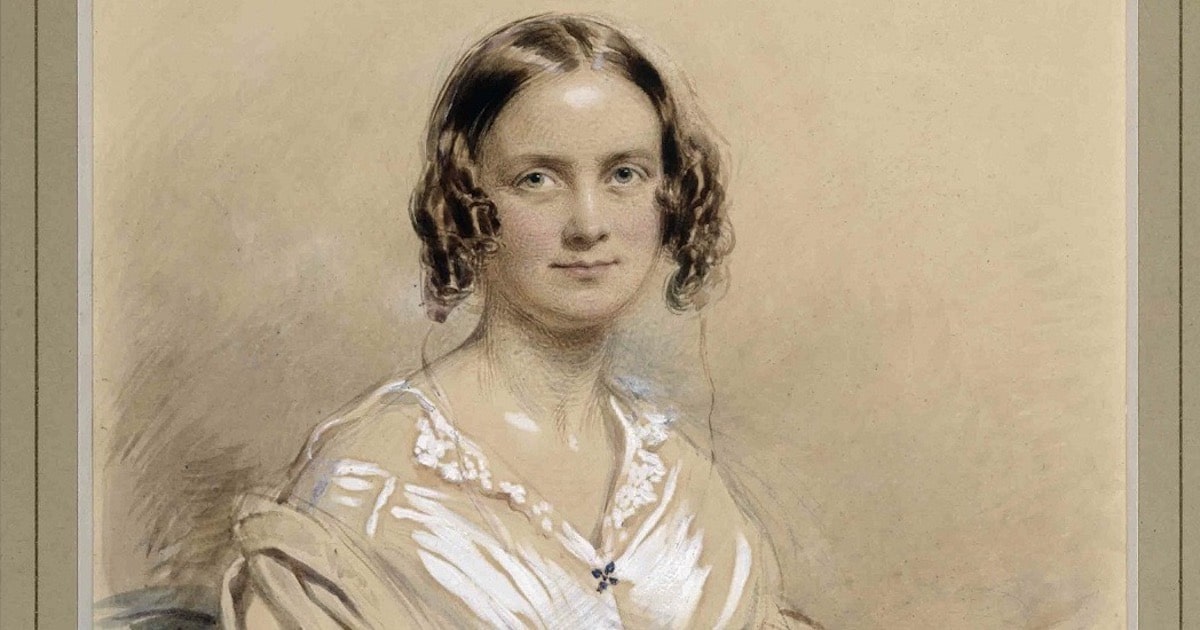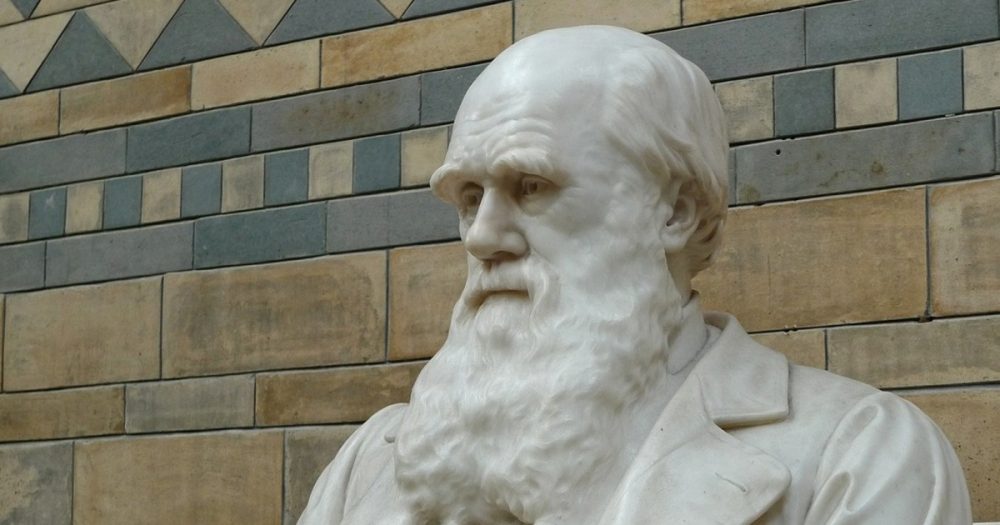
Nancy R. Pearcey is a fellow of Discovery Institute's Center for Science and Culture and a professor and scholar in residence at Houston Baptist University, where she is director of the Francis Schaeffer Center for Worldview and Culture. She also serves as editor at large of the Pearcey Report. Previous positions include visiting scholar at Biola University's Torrey Honors Institute, professor of worldview studies at Philadelphia Biblical University, and the Francis A. Schaeffer Scholar at the World Journalism Institute.
Pearcey is author of the 2005 ECPA Gold Medallion Award winner Total Truth. Her earlier books include The Soul of Science and the 2000 ECPA Gold Medallion Award winner How Now Shall We Live? (co-authored with novelist Harold Fickett and former White House operative Chuck Colson). Her most recent book is Saving Leonardo: A Call to Resist the Secular Assault on Mind, Morals, and Meaning.
Pearcey has contributed to several books including the Foreword to The Right Questions and Story Craft: Reflections on Faith, Culture, and Writing and chapters in Mere Creation, Genetic Ethics, Signs of Intelligence, Reading God's World, Uncommon Dissent, Evidence for God: 50 Arguments for Faith from the Bible, History, Philosophy, and Science, and a Phillip Johnson Festschrift titled Darwin's Nemesis.
Heralded as "America's pre-eminent evangelical Protestant female intellectual" (The Economist), Pearcey has addressed staffers on Capitol Hill and at the White House; actors and screenwriters in Hollywood; scientists at Sandia and Los Alamos National Laboratories; artists at the International Arts Movement; students and faculty at universities such as Princeton, Stanford, Dartmouth, USC, U of GA, and St. John's College; and educational and activist groups, including the Heritage Foundation in Washington, D.C.
Pearcey has published 100+ articles in outlets such as The Washington Post, The Washington Times, First Things, American Thinker, Human Events, Christianity Today, Books & Culture, World, Human Life Review, American Enterprise, The Daily Caller, and Regent University Law Review. She has served as an editorial board member of Salem Communications and a commentator on Public Square Radio, and she appears frequently on radio and television, including Fox & Friends, NPR, and C-SPAN.
Formerly an agnostic, Pearcey studied in Heidelberg, Germany in the early 1970s, and in Switzerland at L'Abri Fellowship under Francis Schaeffer. She earned a BA from Iowa State University, an MA from Covenant Theological Seminary, and pursued graduate work in history of philosophy at the Institute for Christian Studies in Toronto.
From 1977-1990 Pearcey wrote articles for the Bible-Science Association on the intersection of science and worldview. From 1991-1999 she was founding editor of the daily radio program "BreakPoint" where she wrote 1000+ commentaries and headed up a team of writers. She was also policy director and senior fellow of the Wilberforce Forum, and for seven years coauthored a monthly column with Chuck Colson in Christianity Today.
Archives


Science, Scripture, and the Image of God

Image of God: Are Children Persons?

The Image of God — Going Global

Those Puzzling Puritans and the Image of God

Women and the Image of God

Slavery and the Image of God

Human Rights and the Image of God

The Meaning of the Image of God

Nancy Pearcey on Her New Book, The Toxic War on Masculinity

The Toxic Assumptions of Evolutionary Psychology about Men

Darwin: Why Women Are Inferior

The Barbarian Within: Darwinism and the Secular Script for Masculinity

Nancy Pearcey on the Politics of Darwinism, Then and Now

Nancy Pearcey Explains the Surprising Early History of Darwinism

Pearcey on Darwin and Huxley: Philosophy, Not Evidence, Drove Them to Their Conclusions

Nancy Pearcey Answers the Charge: “You Guys Lost”

Nancy Pearcey Urges Inconsistent Materialists: Love Thy Body

Nancy Pearcey: Love Your Designed Body, Made for a Purpose
